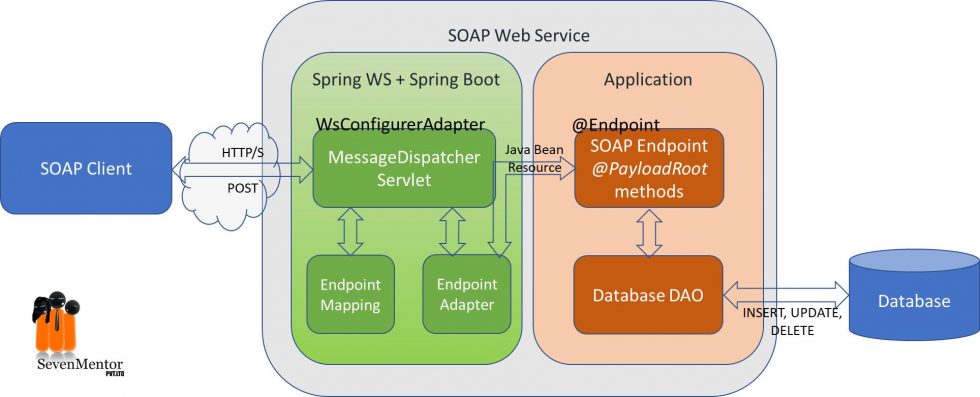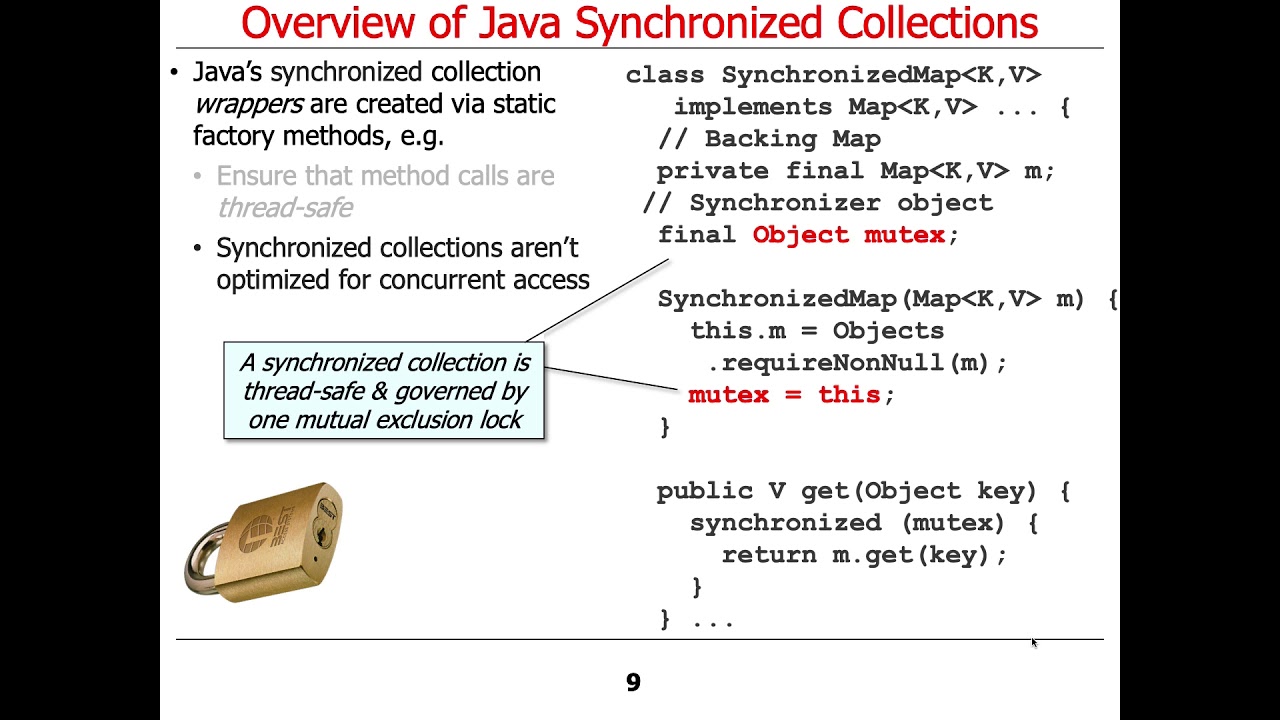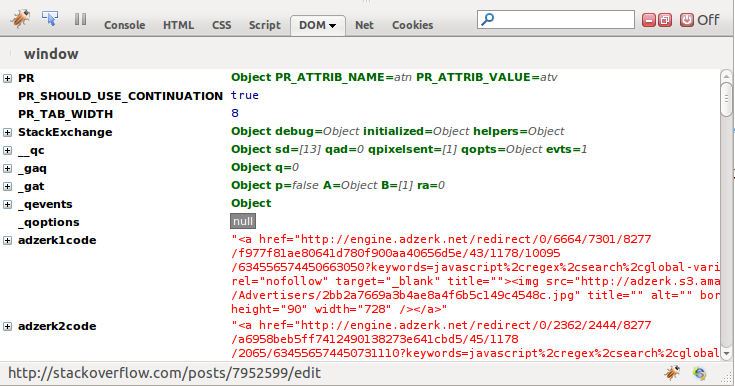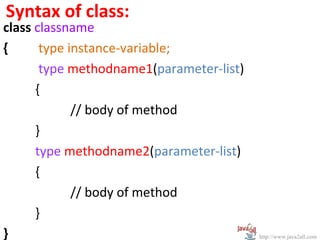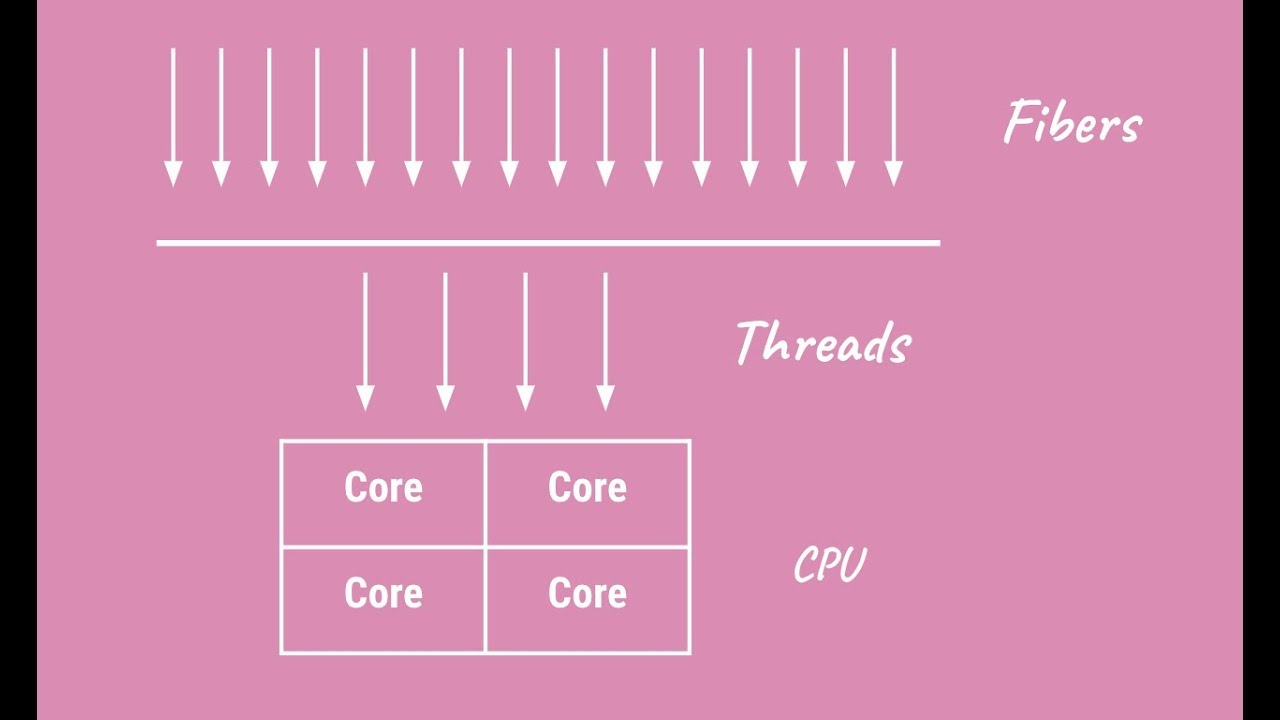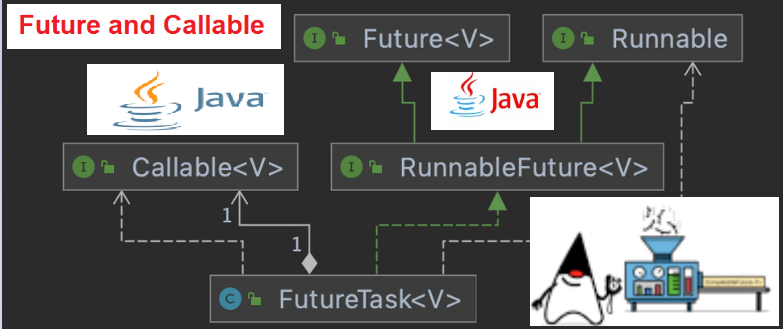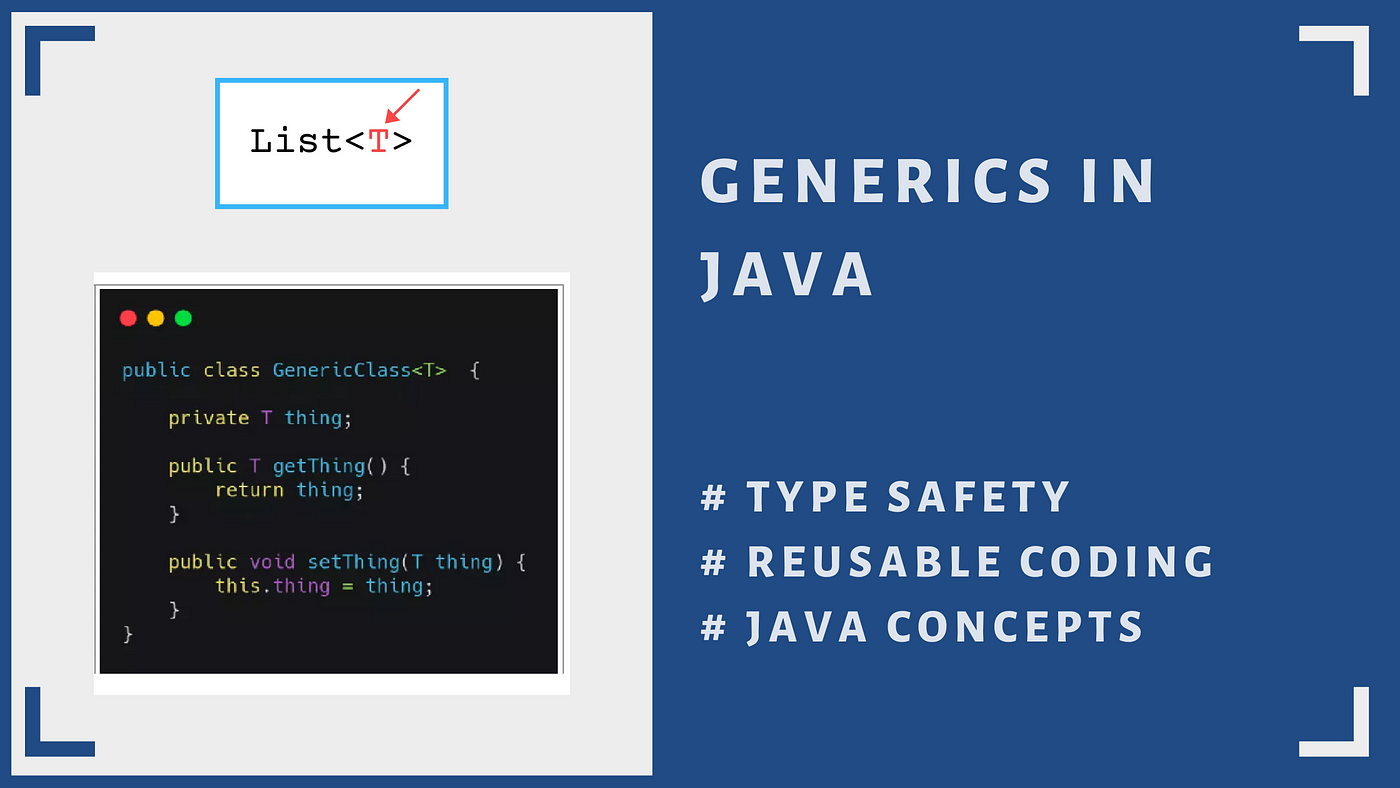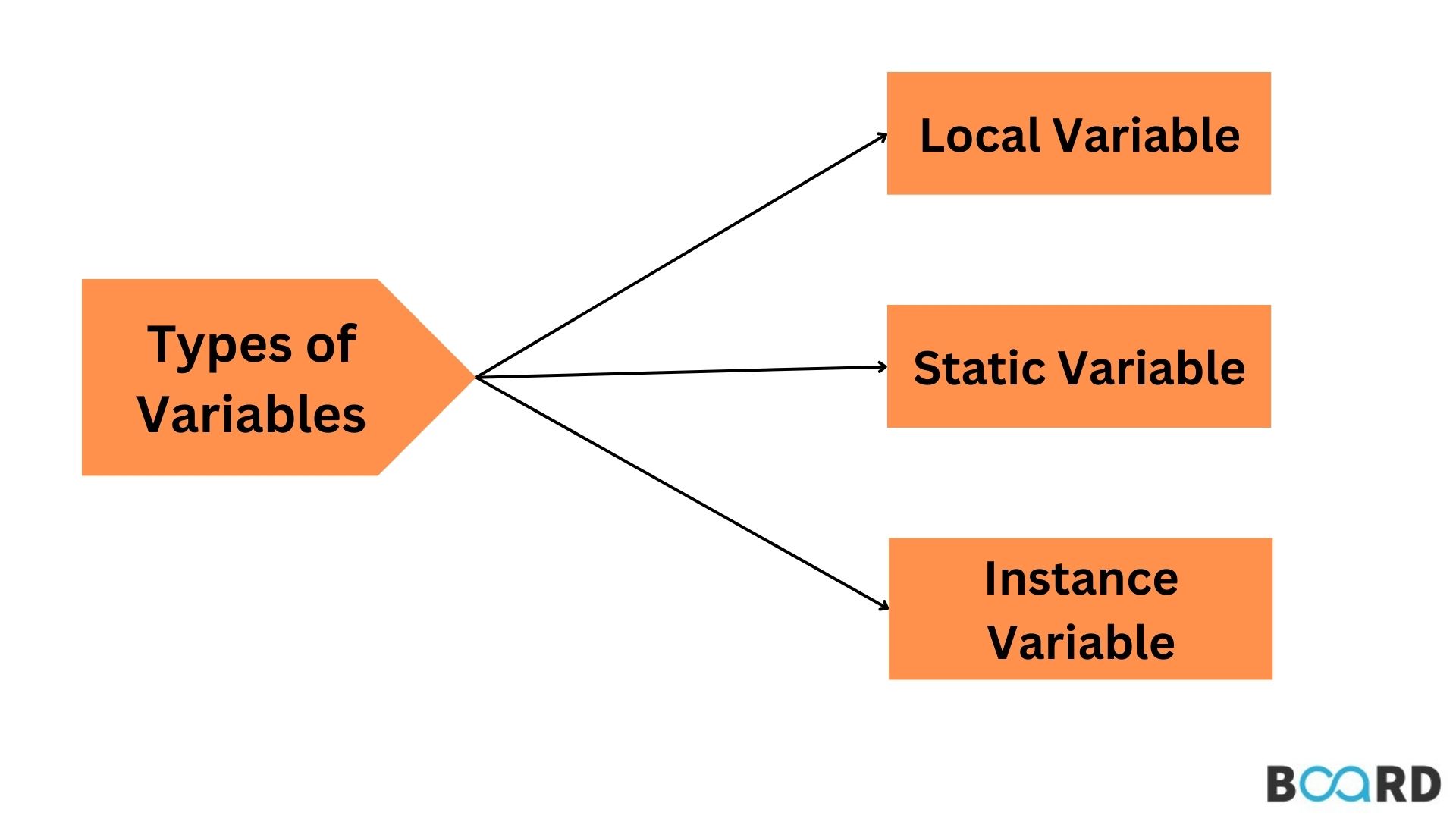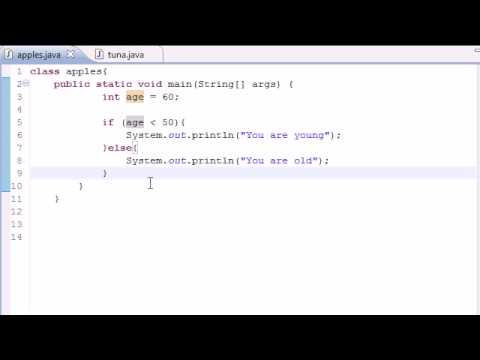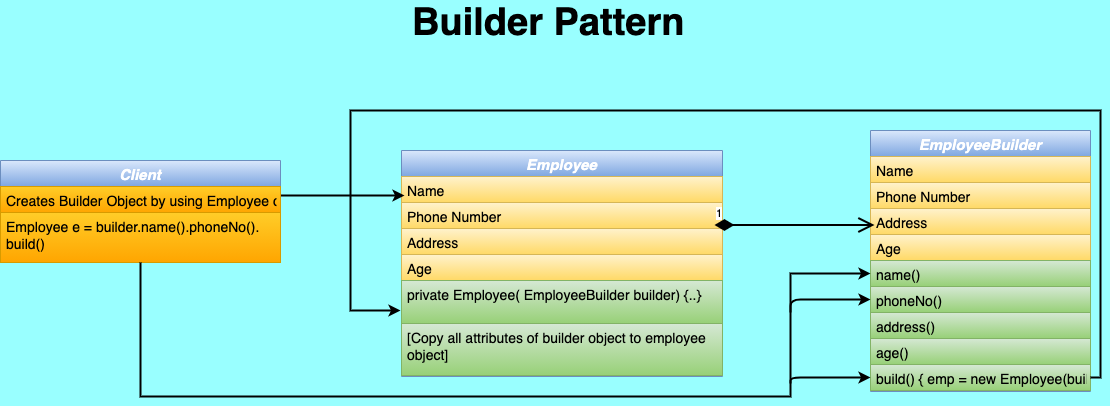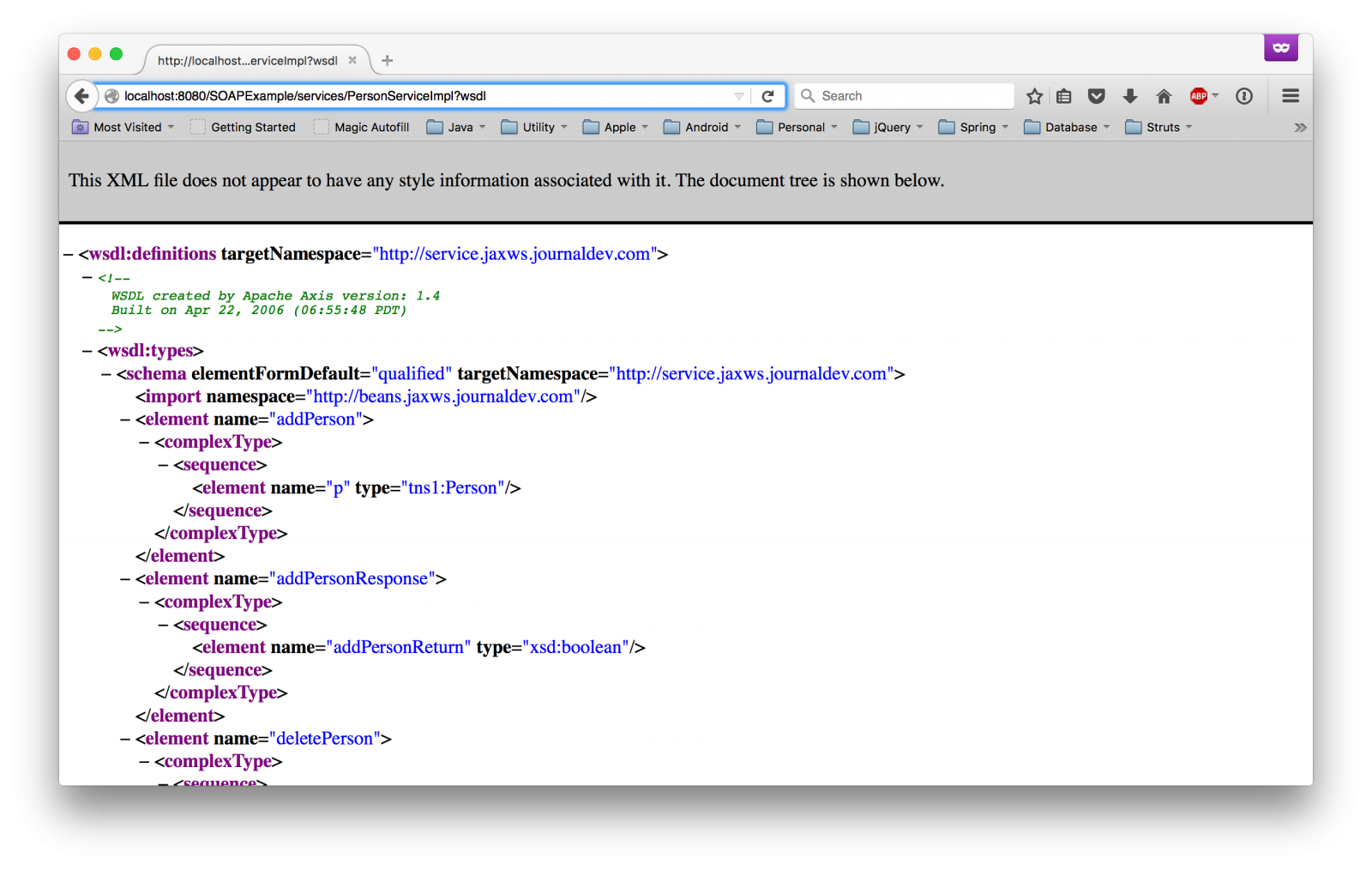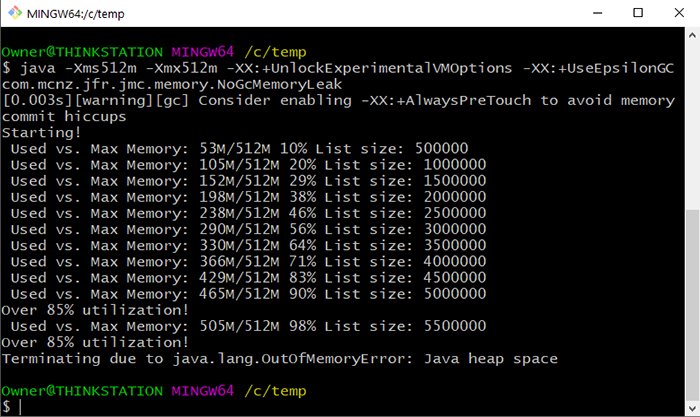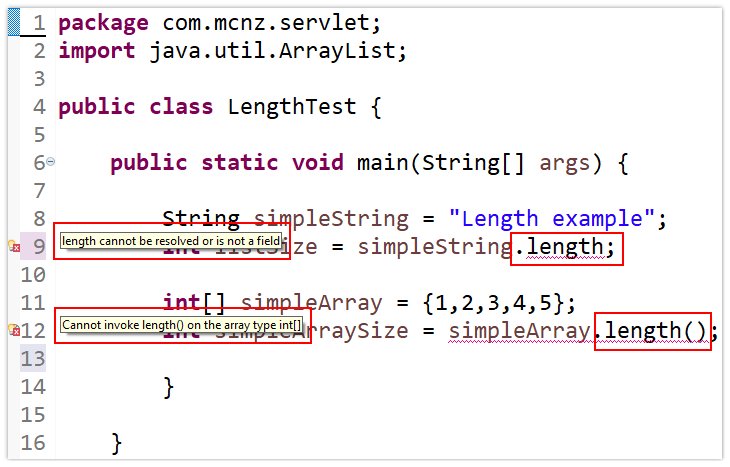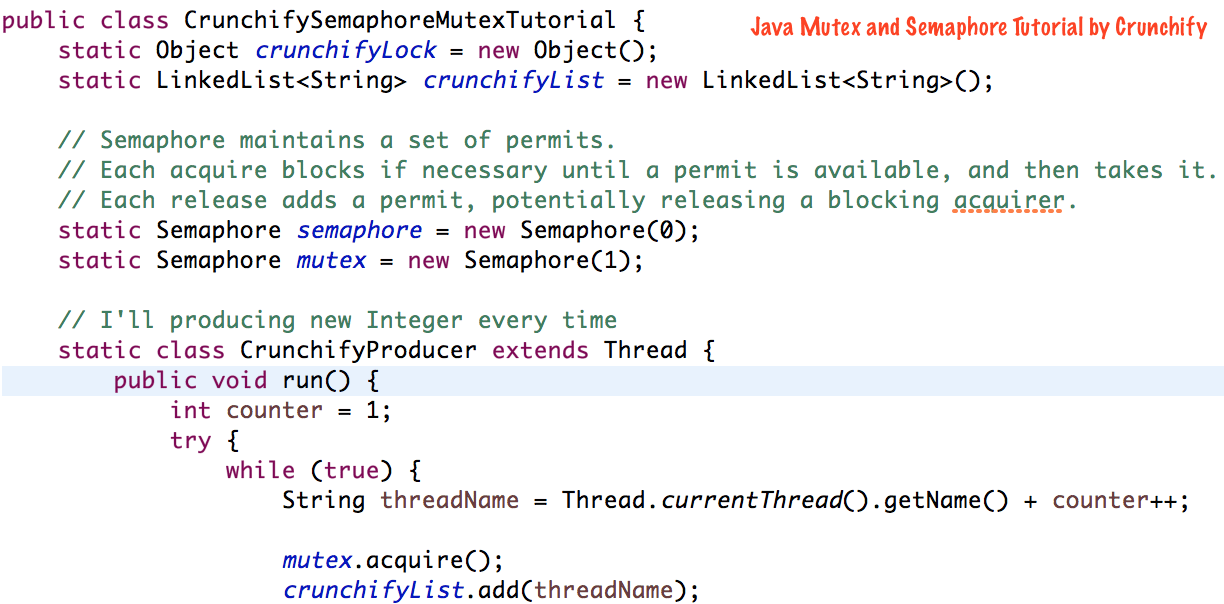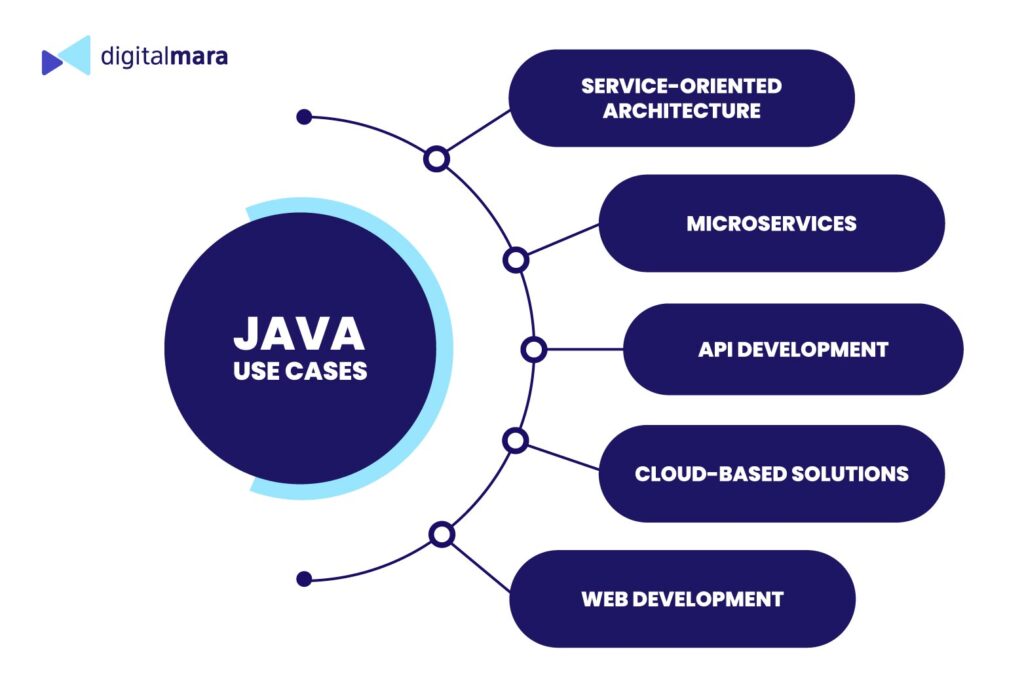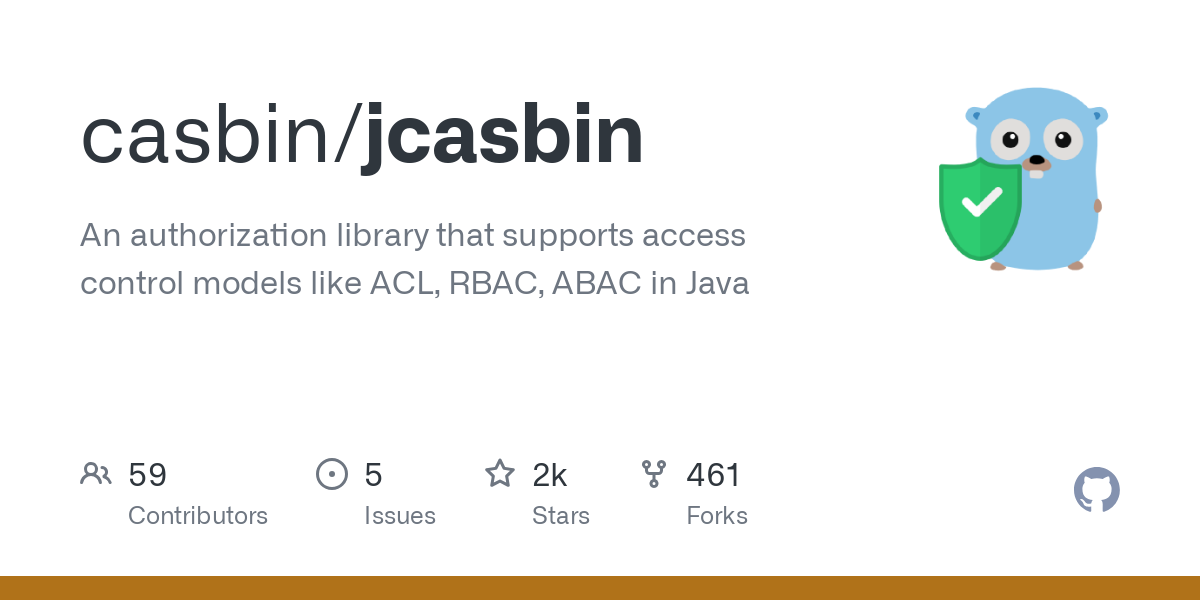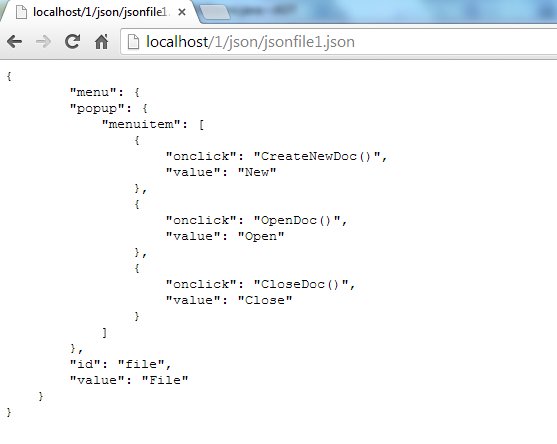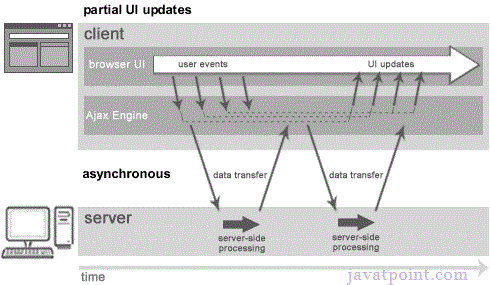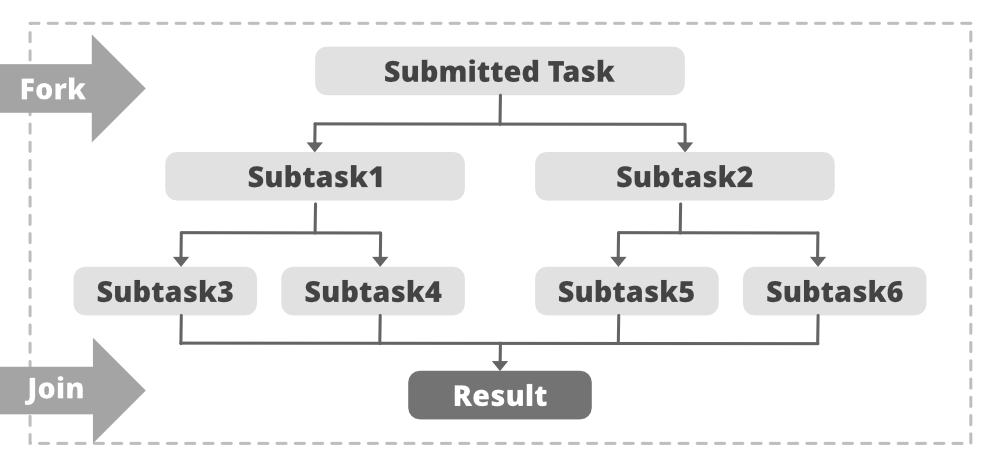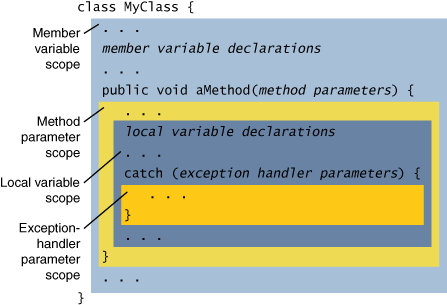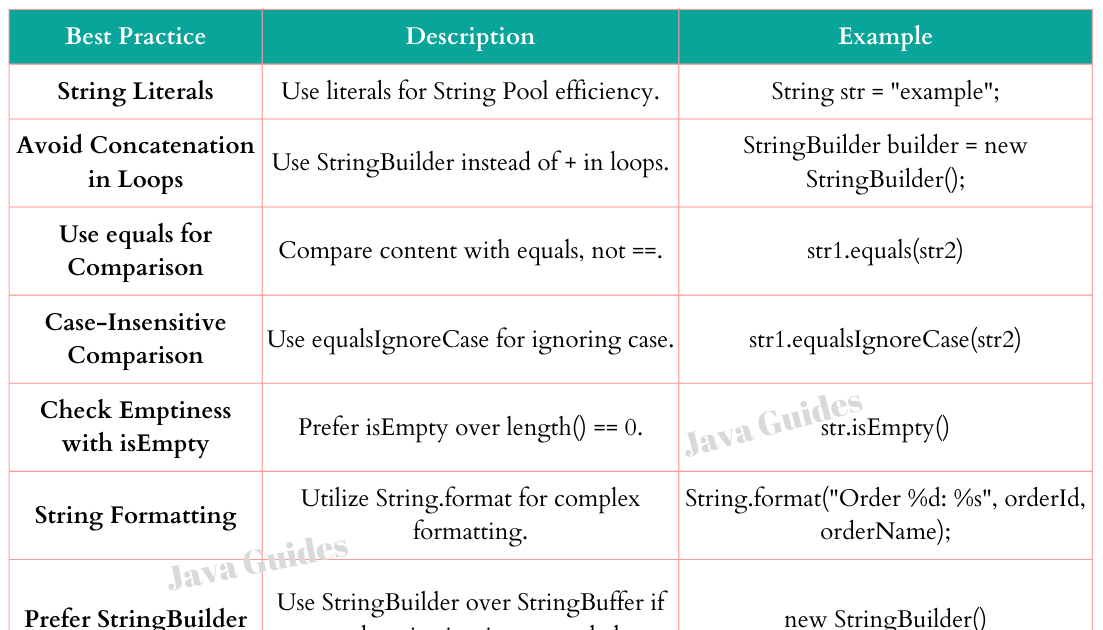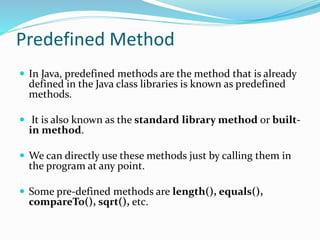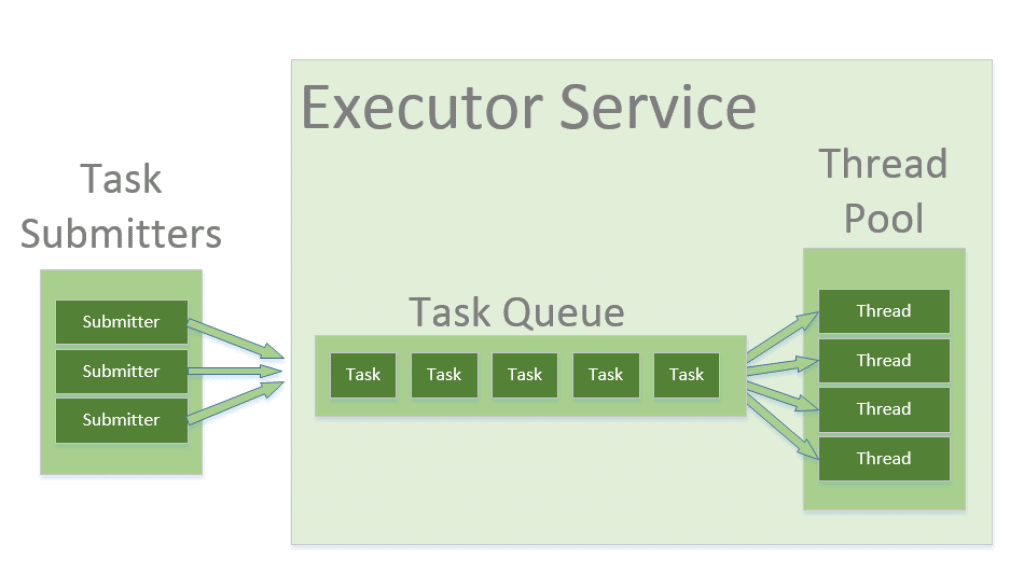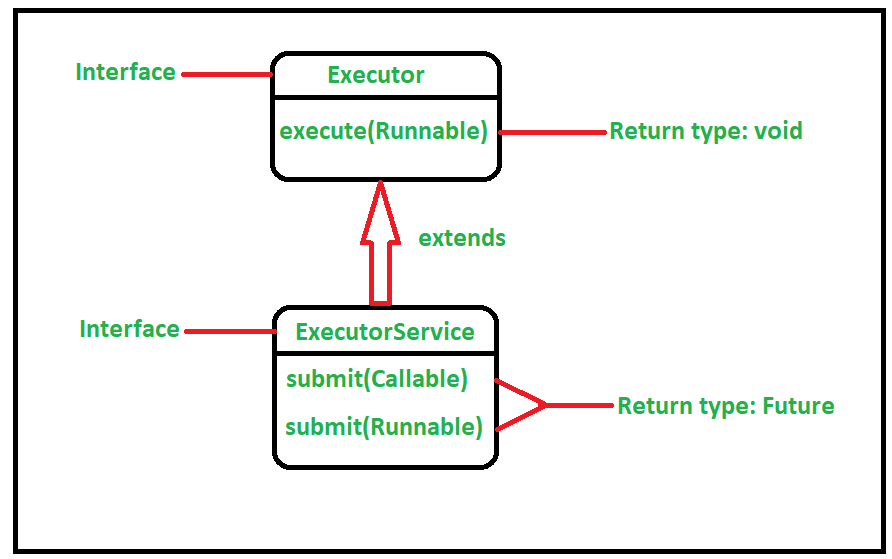How to run Java on Azure?
How to run Java on Azure?
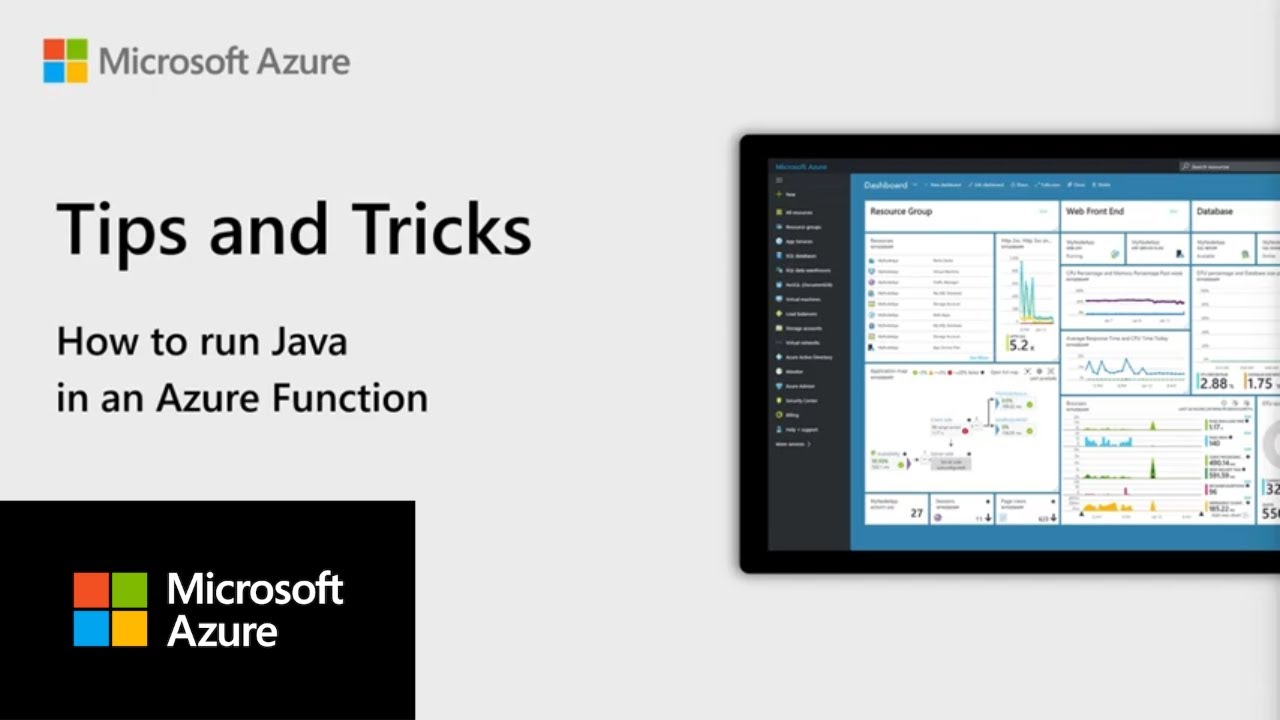
Running Java on Azure! That's a great question!
Azure provides several ways to run Java applications. Here are a few options:
Azure App Service: You can deploy your Java application as a web app on Azure App Service. This way, you can take advantage of the platform's scalability, auto-scaling, and load balancing features. To do this, you'll need to create a new Azure App Service plan, choose "Java" as the runtime stack, and upload your WAR file (or deploy from GitHub). Azure Functions: If your Java application is event-driven or needs to integrate with other services, consider using Azure Functions. You can write a simple function that runs your Java code, and Azure will manage the execution environment for you. Azure Container Instances (ACI): For more control over the runtime environment, you can use ACI to run containerized Java applications. This way, you can specify the desired Java version, memory allocation, and CPU cores. To do this, create a new ACI instance, upload your Docker image, and configure the container settings. Azure Kubernetes Service (AKS): If you're building a more complex Java-based application that requires scalable architecture, consider using AKS. You can deploy your Java application as a pod in an AKS cluster, leveraging the power of Kubernetes to manage deployment, scaling, and updates.To get started with any of these options, follow these general steps:
Create an Azure account: If you don't have one already, sign up for an Azure free account. Choose your Java runtime environment: Decide which option suits your needs (App Service, Functions, ACI, or AKS). Prepare your Java application: Ensure your code is compatible with the chosen Azure platform. Consider using a build tool like Maven or Gradle to manage dependencies and build your project. Deploy your Java application: Follow the specific instructions for your chosen platform (e.g., upload a WAR file, deploy from GitHub, create a Docker image, or configure an AKS cluster). Monitor and maintain: Set up logging and monitoring tools to track performance and troubleshoot issues. Use Azure's built-in features (like autoscaling and load balancing) to ensure your application is scalable and responsive.Azure provides extensive documentation and tutorials for each option, so be sure to explore those resources as you get started. If you encounter any issues or have questions, don't hesitate to reach out to the Azure community or seek help from an expert!
Happy cloud-hopping!
Java microsoft azure vs azure

I'll respond in English as per your request.
Java, Microsoft Azure, and Azure are three distinct entities that often get mixed up due to their similar names. Here's a clarification:
Java: Java is a high-level programming language and platform for developing large-scale applications, including Android apps, web applications, and enterprise software. It was created by Sun Microsystems (now owned by Oracle Corporation) in the mid-1990s.
Microsoft Azure: Microsoft Azure is a cloud computing platform that offers a wide range of services, such as compute, storage, networking, and analytics. Azure allows developers to build, deploy, and manage applications through a scalable, reliable, and secure infrastructure. It was initially released in 2010 as Windows Azure, but the "Windows" part was dropped in 2014.
Azure: Azure is a cloud platform that offers various services for building, deploying, and managing applications, data, and other resources. It's Microsoft's flagship cloud offering and competes with other major cloud providers like Amazon Web Services (AWS), Google Cloud Platform (GCP), and IBM Cloud. Azure provides a range of features, including:
Compute services (e.g., Virtual Machines, Functions, and Containers) Storage services (e.g., Blob Storage, File Storage, and Queue Storage) Networking services (e.g., Load Balancer, Application Gateway, and VPN Gateway) Data services (e.g., Cosmos DB, Table Storage, and SQL Database) Analytics services (e.g., Machine Learning, Cognitive Services, and Stream Analytics)Key differences:
Java is a programming language, while Microsoft Azure is a cloud platform, and Azure is a specific service within that platform. Java is used for developing applications on-premises or in the cloud, whereas Microsoft Azure is designed to help developers build and deploy applications in the cloud.In summary: Java is a programming language, Microsoft Azure is a cloud computing platform, and Azure is a specific set of services within that platform.

